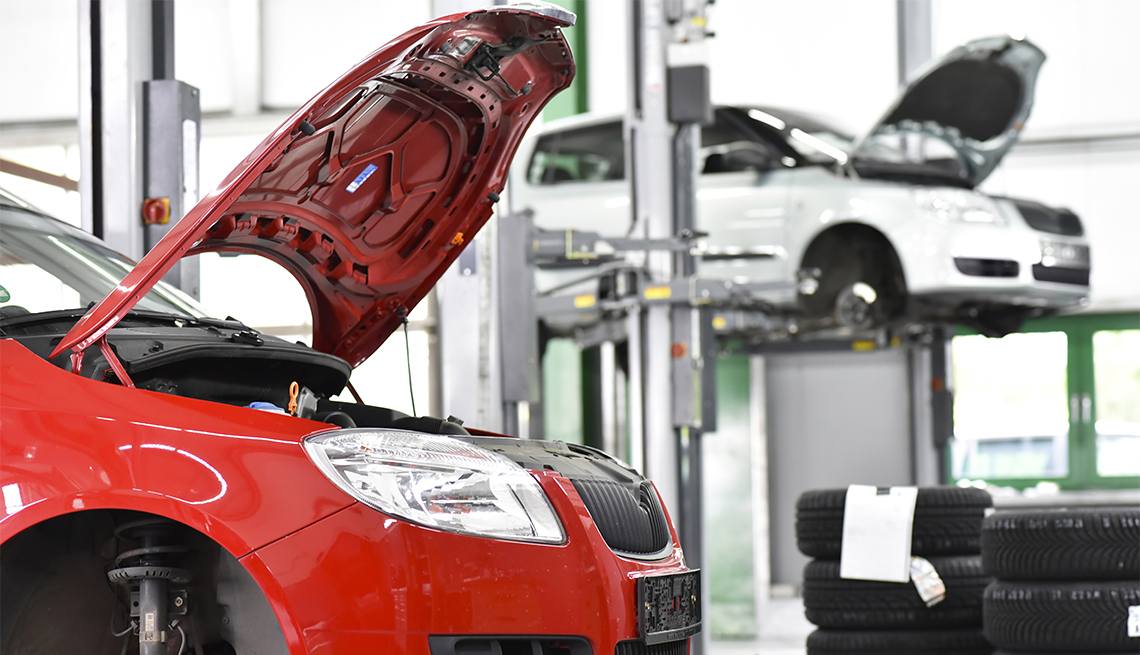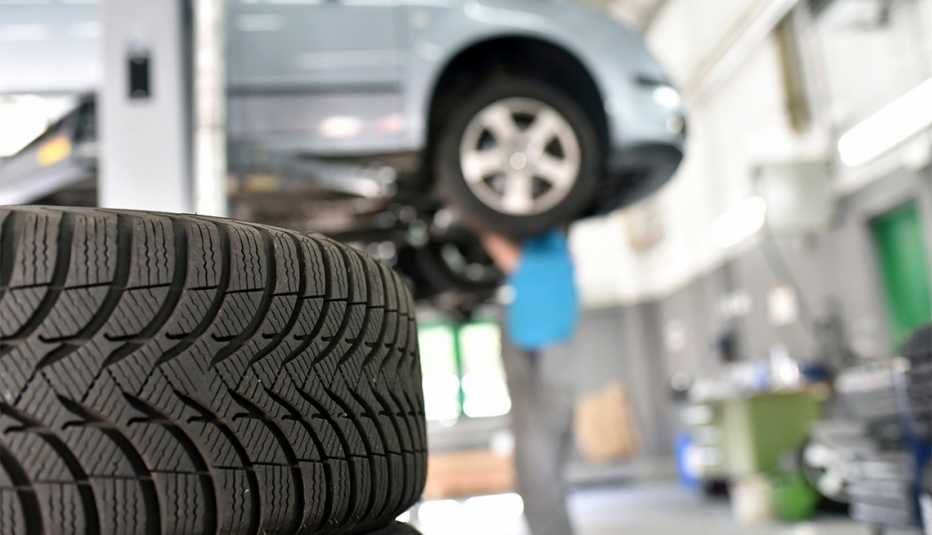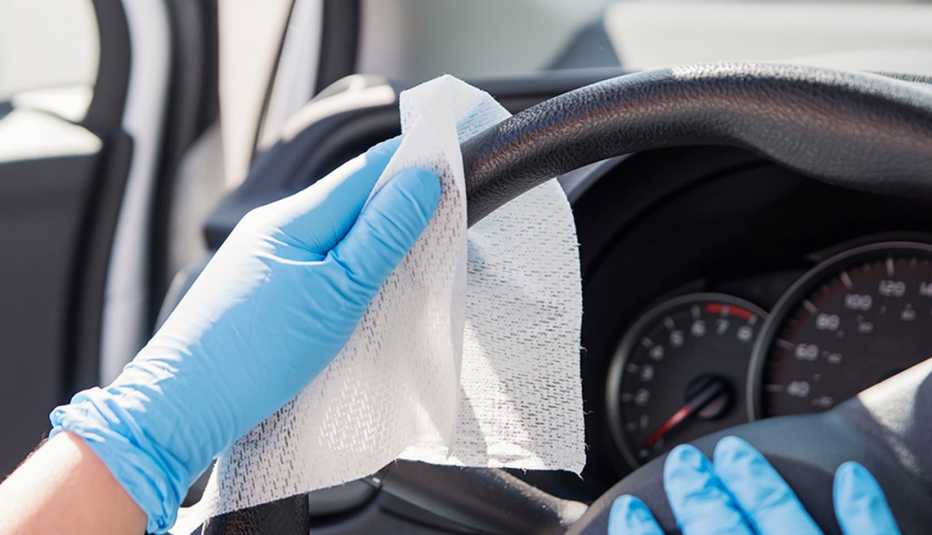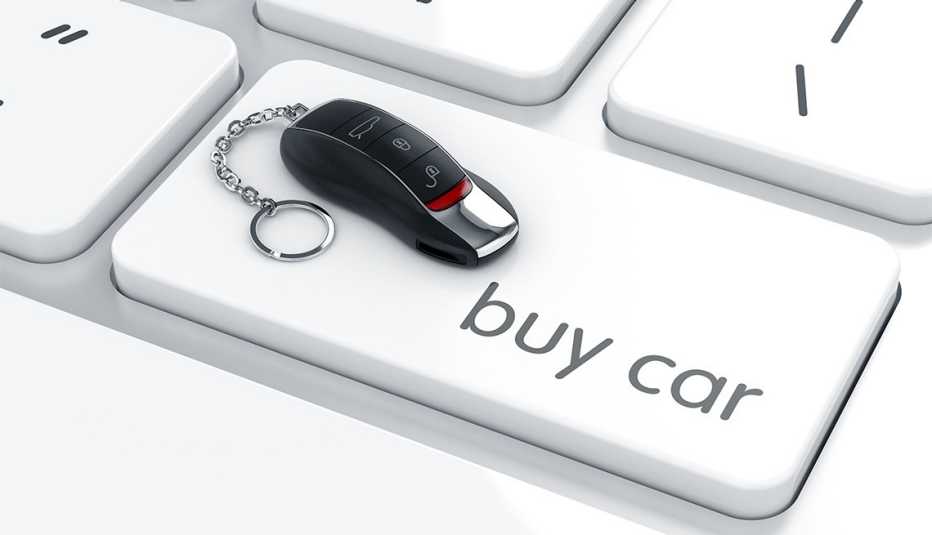AARP Hearing Center
The first rule of finding a good auto-service shop: Ask about finding a good auto-service shop.
“If you’ve got people saying, ‘I’ve used this guy for 20, 30 years and he’s always been good,’ you don’t want to ignore that,” says Heath Knox, a veteran of an AAMCO transmission shop and a Chevrolet dealership who now helps maintain a fleet of trucks for a company that deices airplanes at Pittsburgh’s airport. Here are some more things to look for when hiring someone to maintain or repair your vehicle.
1. The shop has the right certifications.
Look for blue-and-white ASE emblems; this indicates that the technicians have passed tests and been certified by the National Institute for Automotive Service Excellence. “With technology changing at such a rapid pace, experience can't offset a lack of training,” says Dave Cappert, veteran auto technician and now campus administrator for ASE.
2. The shop has a good reputation.
Cappert says it's a good idea to establish a relationship with a dealership or repair shop for routine matters, like oil changes and inspections, so that when you have an emergency or urgent job, you're already comfortable with the shop.
3. The shop has a clean rap sheet.

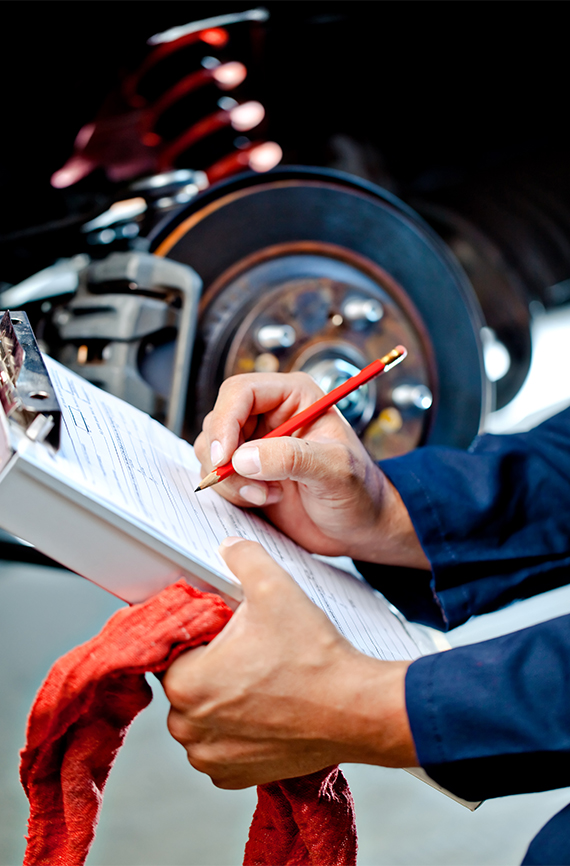
The Better Business Bureau (bbb.org) can show you how long the shop or dealership has been in business, how many complaints have been resolved lately and its BBB rating. Be wary, though, of online user ratings. Says Cappert: “You've got to watch the outliers. You might have 100 people reviewing a brick, and 99 say that it's sturdy, red and useful. But one guy says, ‘Worst brick I ever had.’ “

































































